Weeknotes 303 - future mismatch of a humanoid summer
Why are all these humanoids popping up? Some thoughts. And the latest in news on tech societies and human-AI partnerships.

Hi, y’all!
Hope you are doing well. Maybe you did follow the democratic convention in the US intensely and became a bit more optimistic about the future? XOXO Fest returned. I have never been there, but it felt from “the socials” in the past that it was something special. Like Reboot Copenhagen was back in the days. I saw some people posting on Mastodon and Bluesky with positive impressions, but it was not all over the place I think. It might be a sign of the state of social media as vibe-tracker. Too many different channels, sharing fatigue?
In case you have returned from vacation, as a lot of people seem to have done these weeks, it's great to have you back here! I already had some nice meetings to share and coordinate plans for TH/NGS 2024; check it out!
Triggered thought
One thing that happened during the summer was a rise in attention-seeking humanoid robots. It triggers thoughts. The rise of the humanoids... it feels like humanoid summer, as some say. New ones are popping up.
Listening to a podcast on soccer-playing robots, it is interesting that the goal is to create humanlike players who can win in 2050. During the research phase, all kinds of optimizations are done that fit the current state of technology, like using wheels or special forms of dribbling. The rules are adapted to stimulate the research towards the final goal of creating humanlike soccer.
But why not create optimized soccer robots with robot-exclusive features to challenge humans?
The reason is mainly that the research is meant to create multipurpose robots, as the professor in the podcast (René van de Molengraft) explained. To create a multipurpose robot, you want to connect to our human-optimized world. All of the current world contexts we live in are optimized for our human form factor.
So that raises an interesting question: Are we optimizing robots for our world, or will we develop together with robots towards a new balanced society that has an optimized environment for both humans and robots? We are changing, too, as humans, maybe not so fast in physical capabilities but in behavior and attitudes.
What if we have a phase first where we have single-task robots because the business model makes more sense, even if we have a kind of multipurpose robots with narrow AGI that might still be much more complex and expensive than single-task robots? Will the context of the physical world we live in then be adapted first to that robot, making way, smoothing out certain things? From the other angle, will humanoids be out of date (business) before becoming a reality first?
So the question is if it is most efficient to have an AGI and general-purpose robot.
Another aspect as a side path; is sport in the end the right place for robotics. Is this man right that when we move into a highly optimised and enhanced AI and robotised world, sports might that one place where we can feel like real humans.
You can challenge this, of course; sports have so much technology to play in it, and technology plays such an important role in mastering the optimal material in the field, making a difference in finding the best ‘co-performance’ with a ball, a stick, etc. For the research. Choosing soccer as context is more a means than the end goal, I expect. Widen our scope to non-humanoids (or should I say more-than-humanoid) is more interesting and fruitful.
For the subscribers or first-time readers (welcome!), thanks for joining! A short general intro: I am Iskander Smit, educated as an industrial design engineer, and have worked in digital technology all my life, with a particular interest in digital-physical interactions and a focus on human-tech intelligence co-performance. I like to (critically) explore the near future in the context of cities of things. And organising ThingsCon. I call Target_is_New my practice for making sense of unpredictable futures in human-AI partnerships. That is the lens I use to capture interesting news and share a paper every week.
Notions from the news
What is hot in tech now? The arrest of Telegram founder is controversial. How much should we defend pure independent tech platforms? Is this linked to trust in the values? It will be a returning topic. What makes Telegram differ from X or Apple? (that is not a question to address to answer, but as a framework for comparing values).
Google was launching its new phones ahead of the normal schedule to become the first with an AI-loaded device. How is it? And more on the Gemini integration in Apple style.
Human-AI partnerships
Is there a mental risk in the new relations and expectations we build with AI?
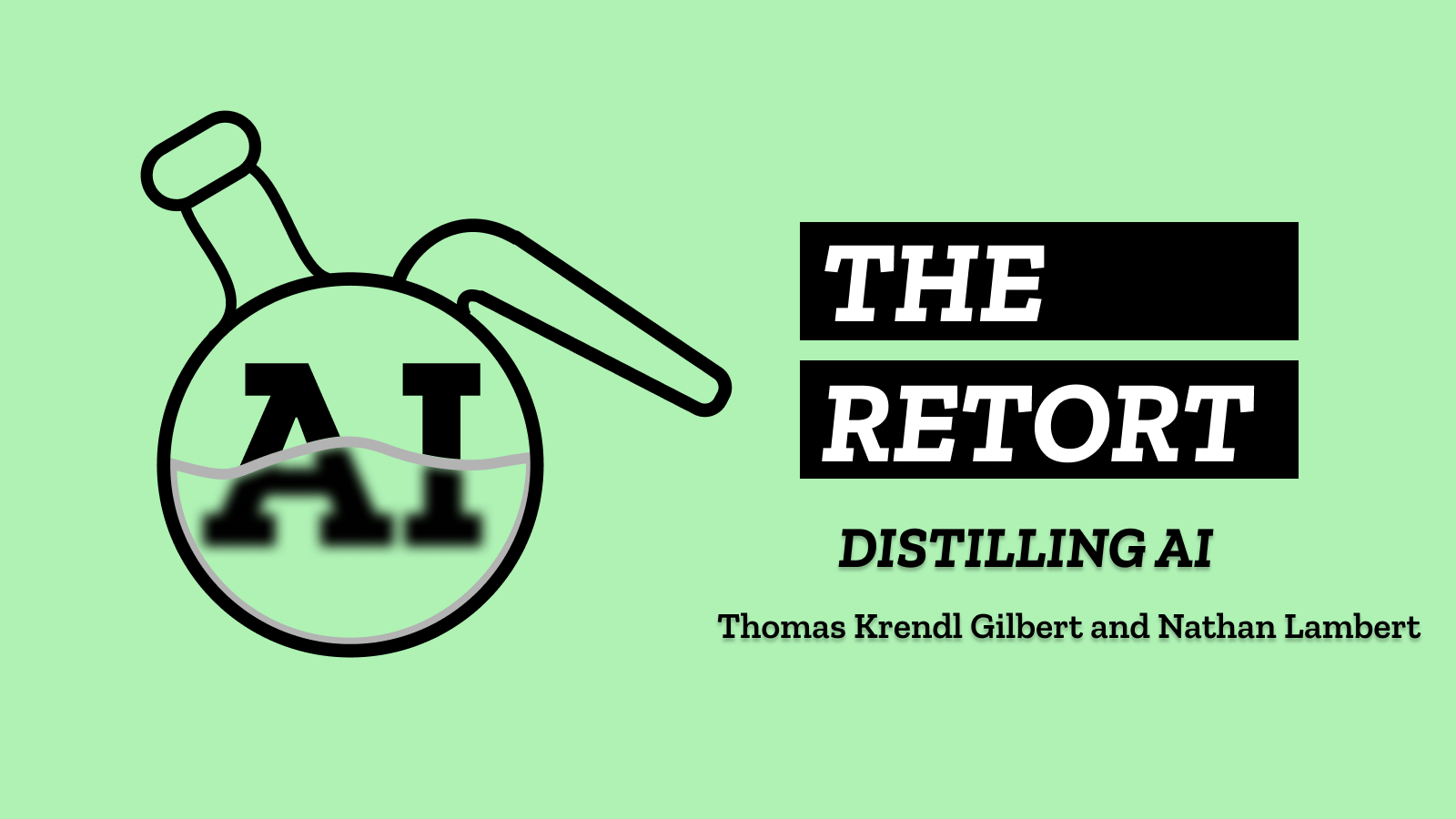
AI is hidden magic. Is this influencing our concept of modernism? Aka, the role of disenchantment as part of what is valued as modernism.

This research shows that the co-performance of humans and AI leads to the most optimal (workplace) performance.

Can AI help to make adult friendships?
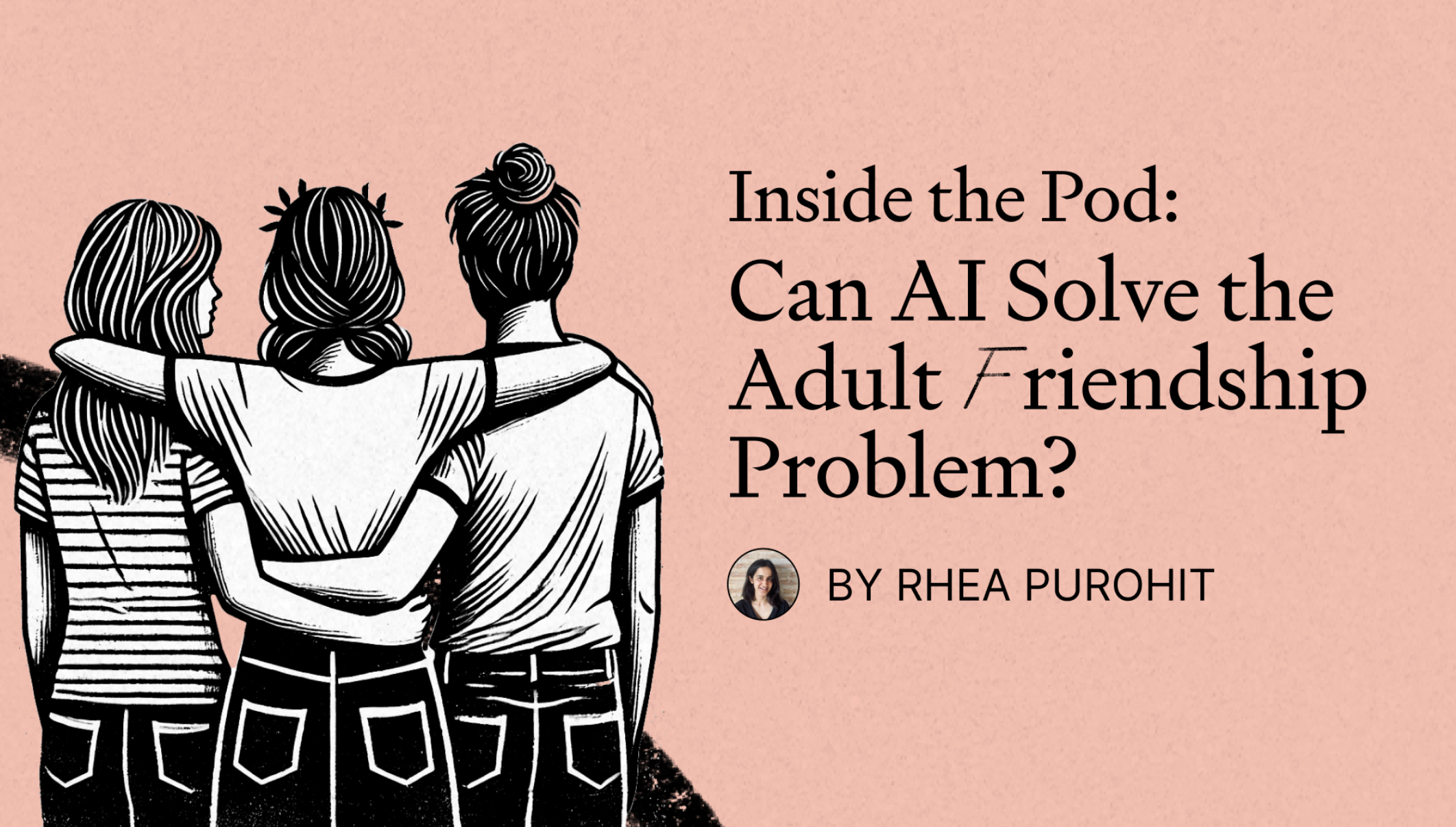
Robotic performances
New Waymos are coming. Still only in a very small testbed of course.
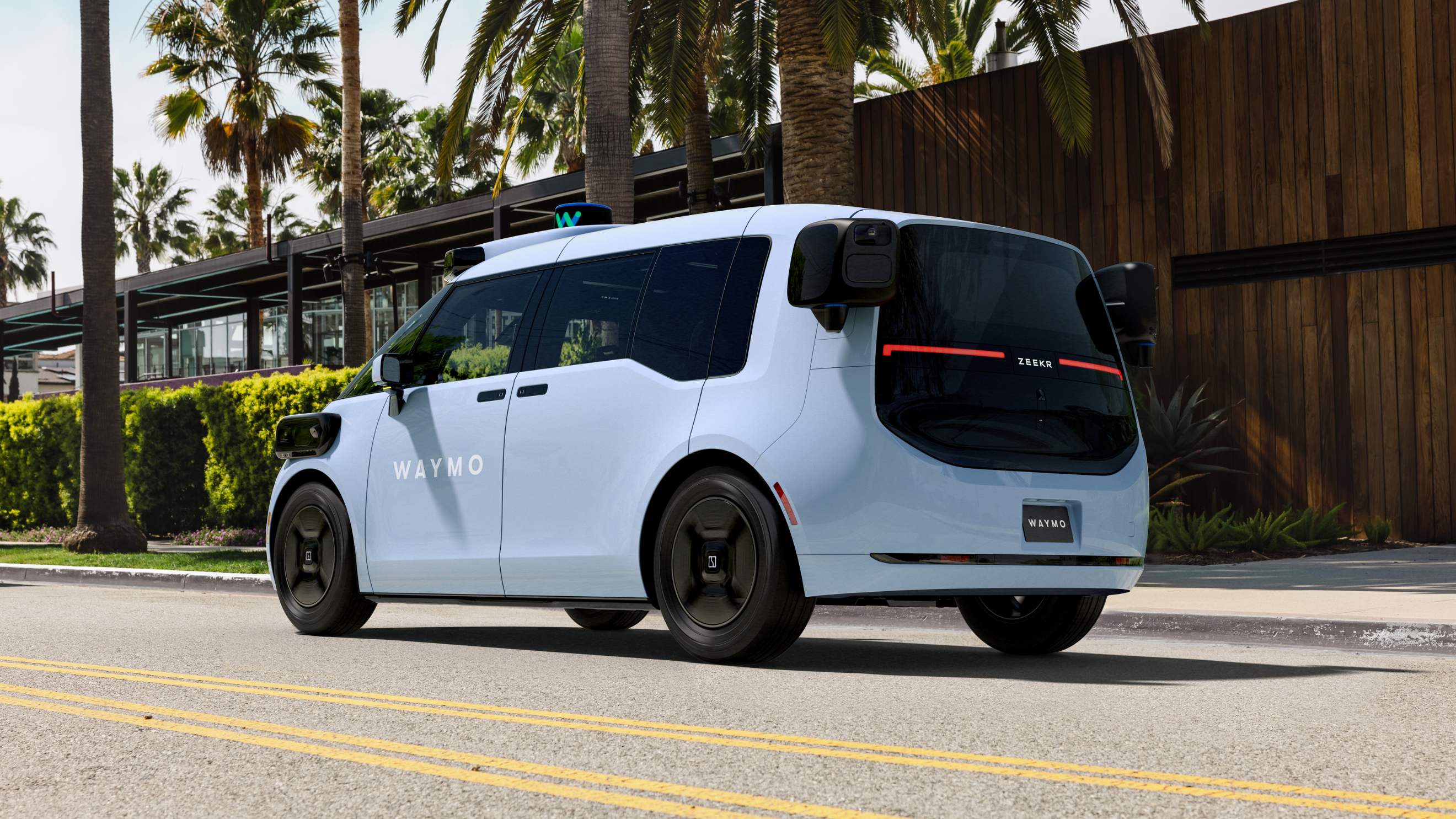
Non-humanoids with humans replacing tasks.
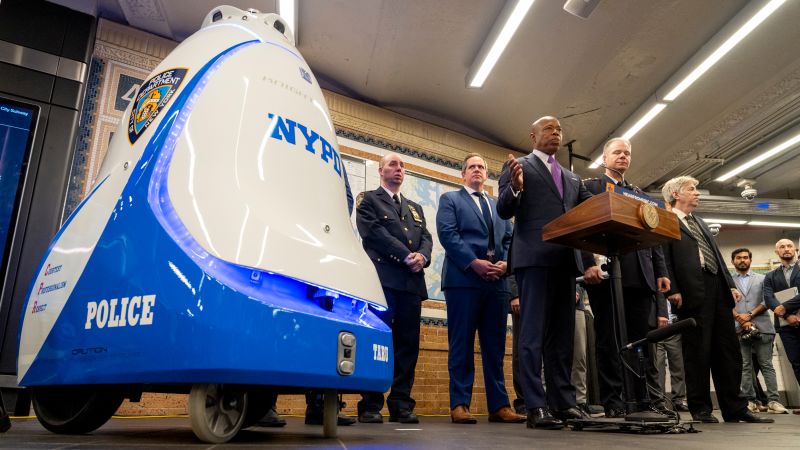
Non-human humanlike touching experiences.

Immersive connectedness
For those that are looking for productivity apps

The writer wonders if the phone makes us more or less smart. And is the design getting worse compared to the earlier developments?

The high-end headset is not the main focus of the market.
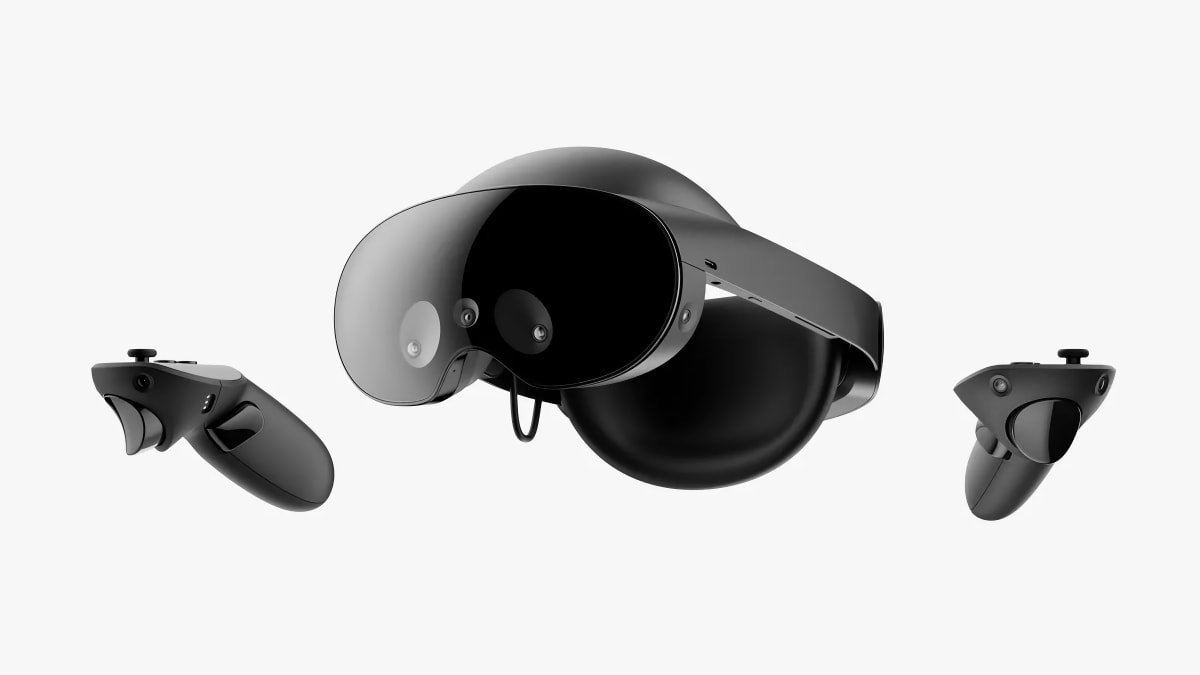
Tech societies
With the democratic convention finished, it is full-on with AI-generated memes as part of political storytelling. Hopefully we only see bad implementations; the danger is not the big names in funny situations, subtle almost true stories are much more impactfull.

Another week and another dive into the changing face of reality and the role of photos.
/cdn.vox-cdn.com/uploads/chorus_asset/file/25584373/247226_AI_Pixel_Reality_CVirginia_3.jpg)
The copyright lawsuit against NVIDIA shows how parties in AI modeling see content more as model-makers than end products of information. It will be interesting to see if the same objects can have different roles here. Meta is in the same game, of course.


Trust in big tech still needs to be repaired.

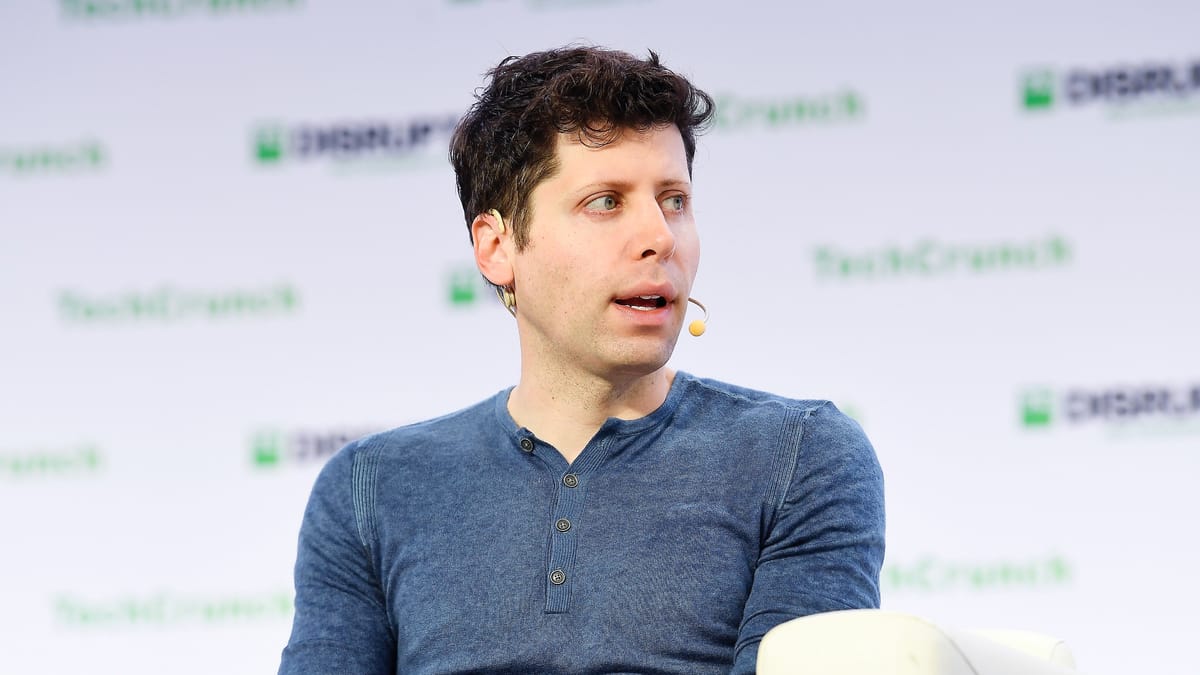
And how much do we trust these intentions? We know now, at least, how open-source AI is defined.


History is repeating. Google used to be that super simple, to-the-point search engine without ads, but when we were hooked…

How to create a museum of a game console maker?

And more nostalgic: I used to have one of these. I still have it lying around.

Paper for the week
A timely paper on the role of consent in data commons. “
Consent in Crisis: The Rapid Decline of the AI Data Commons
Our audit of 14, 000 web domains provides an expansive view of crawlable web data and how codified data use preferences are changing over time. We observe a proliferation of AIspecific clauses to limit use, acute differences in restrictions on AI developers, as well as general inconsistencies between websites’ expressed intentions in their Terms of Service and their robots.txt. We diagnose these as symptoms of ineffective web protocols, not designed to cope with the widespread re-purposing of the internet for AI.
Longpre, S., Mahari, R., Lee, A., Lund, C., Oderinwale, H., Brannon, W., ... & Pentland, S. (2024). Consent in Crisis: The Rapid Decline of the AI Data Commons. arXiv preprint arXiv:2407.14933.
Looking forward
We will send an update on ThingsCon soon (via Newsletter, among others), and I look forward to more meetings planning future projects and events (check the Salon!). Oh, and I plan to join the AMS afternoon session on Data Slots. And I will watch the videos from this “The Conference” with a great line-up. Just like Ars Electronica next week, for a bit different program.
Enjoy your week too!

















